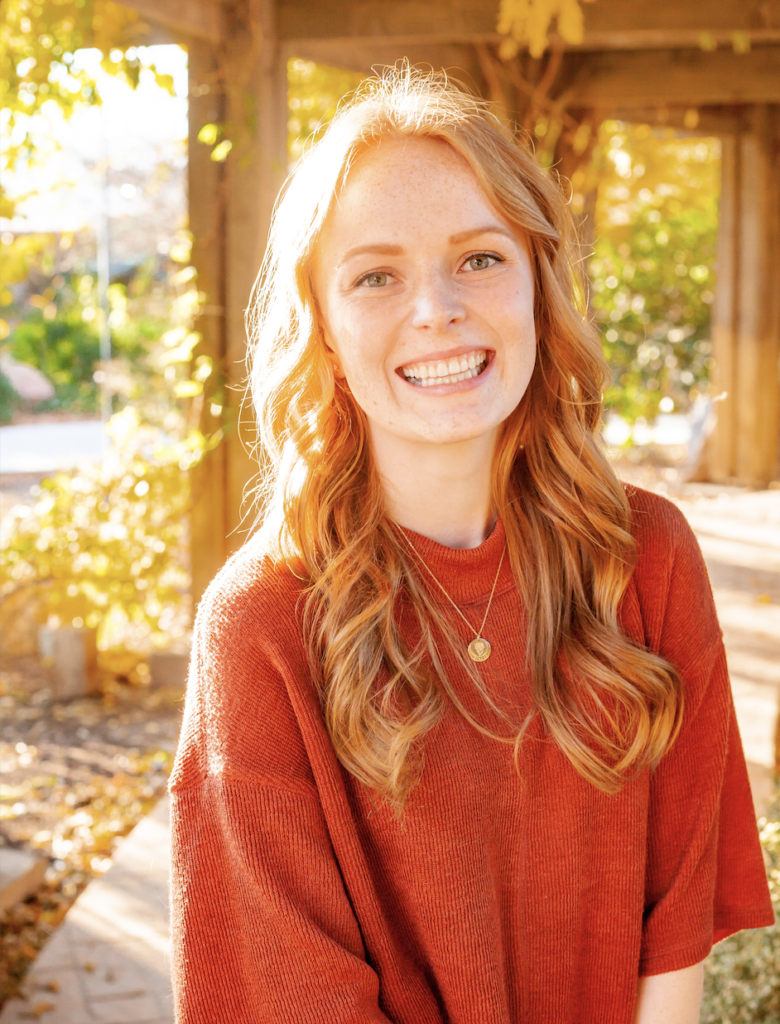How to Hack Your Empty Resume (and Land Your Dream Job!)

You’ve put in the work and have your degree, but now you’re stepping into the professional world, and you feel that you don’t have the experience necessary for a “real job.” And how could you? When most employers want you to have a degree plus ten years of experience, all while being young, hip, and creative; the task can seem impossible.
But don’t worry; you are not alone. In a recent study by the Ewing Marion Kauffman Foundation, results showed that only 52 percent of college graduates felt that their education prepared them for the workforce. This low statistic may be due to the lack of experience many students feel they have.
So, if you’re one of the many who doesn’t feel prepared to enter the workforce, this article is for you. I interviewed Lance Conrad, a professional marketer, previous headhunter who matched employees with ideal companies, and president of his own company. Conrad has interviewed and hired hundreds of employees, so needless to say, he has a lot of experience when it comes to picking apart resumes. He shared with me what he looks for in a resume and how you can turn your “college experience” into real-life experience for your resume.
Hacking Your GPA
The first piece of advice that I got from the interview caught me off guard. It was that grades don’t matter. Now, before you freak out and flunk your classes, let me explain. He said that rarely will employers look at GPA — let alone grades — so don’t have an aneurism trying to be a perfect student.
“Experiences and skills look much better on any resume than one or two low grades in a few GE classes,” said Lance. So, join PRSSA, volunteer, or do some freelance work to build up that resume, even if it means you get a B+ in one of your classes.
Hacking Your Experience
As mentioned above, Lance explained how experience almost always takes precedence over grades. Don’t roll your eyes quite yet and claim that you don’t have experience because you’re in college or just barely graduated.
Think of all you have learned over the past few years in college. There were all of those late nights, projects, internships, side jobs, and volunteering — all of which are experiences. You just need to put them on your resume correctly. If you had to learn how to use a program or software for a class, add it to your skills section of your resume. If you did a class project for a client, list that work as experience.
Lance said it like this, “Anything you have done that a potential employer would be interested in should go on your resume. That being said, in order to keep your resume under one page, you should only put the things that are relevant for that specific job. Your resume should change for each company that you send it to.”
He then goes on to say that it can be helpful to keep a “master-list” to keep track of all your experiences and skills. That way, you can pull specific and relevant pieces from your master-list to custom tailor a resume for each job to which you are applying.
Hacking Your Interview
Whether it is in front of a mirror or with your roommate, practice interviewing. Know what is on your resume and be prepared to answer questions and tell stories about any aspect of it.
Even if you have a job interview that doesn’t pan out into the position that you were hoping to get, don’t worry. That was free, real-world practice. Use what you learned going forward and ace your next one.
Hacking Your Pay
Lastly, you need to sell yourself. As Lance put it, “You are only going to get what you believe you’re worth. No asky, no getty.”
Many students coming out of college do not have enough confidence in their abilities or in themselves. This is why, so many recent graduates are underpaid and underappreciated. Walk into every job interview as if it is a two-way interview. You are seeing if they are a good fit for you and vice versa.
Conclusion
See! You have the experience needed for that job. You just need to make the most of your college experiences and put them on your resume. So what your GPA wasn’t a 4.0? Odds are, most of your co-workers weren’t valedictorians. All you need to do is tailor your resume, practice your interview skills, and believe in yourself.

Sierra Melanson is a public relations student at Brigham Young University. She is minoring in Asian studies and speaks Mandarin and Korean. She loves creating content for brands and rock climbing with her husband.
